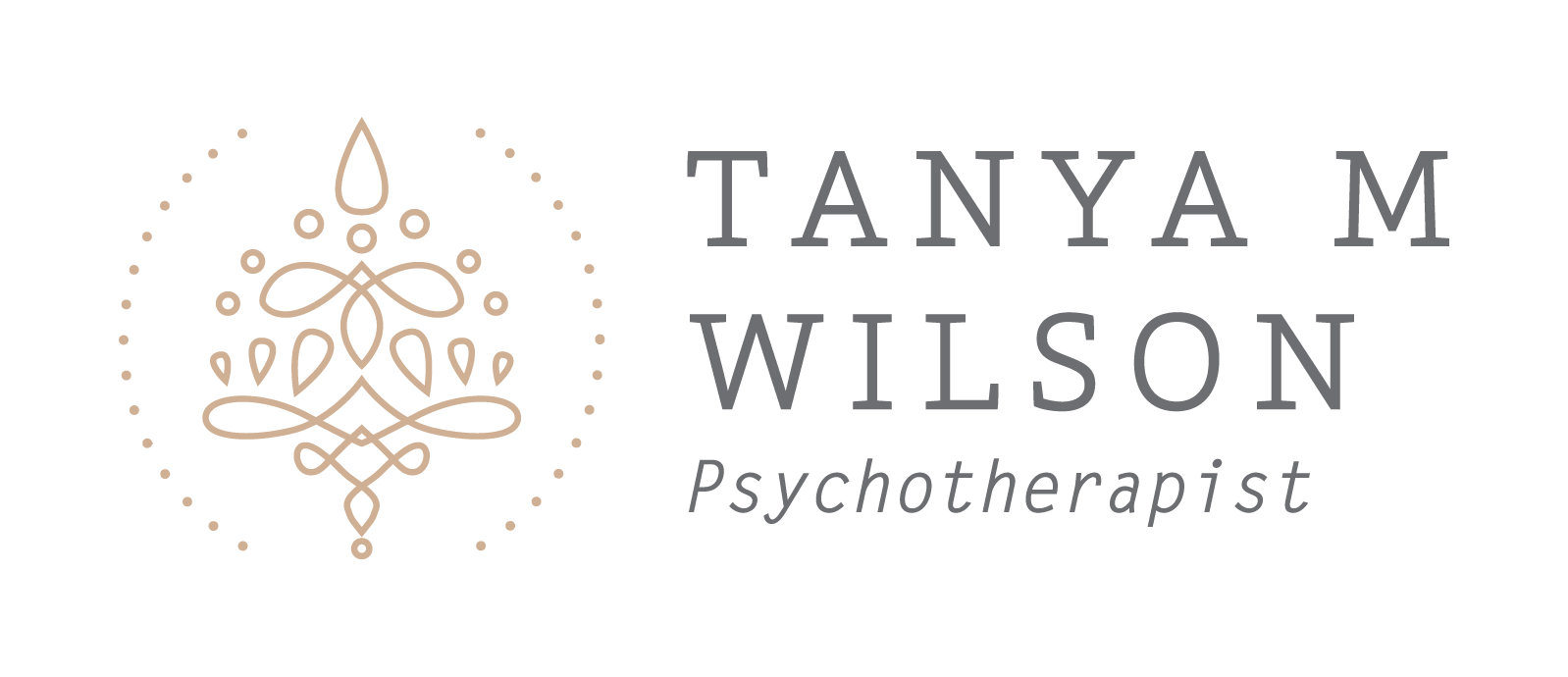Are you already starting to feel the tension and stress of this busy time of year? The holiday season is a time when we traditionally gather with family and friends through formal and informal gatherings.
Given the settings (close proximity with people you don’t see often, alcohol, feeling frazzled) it can often lead to tense situations, arguments, insults and unpleasant experiences. And that can leave you feeling despondent and violated.
Christmas and New Year celebrations can be conducive to discussions where opinions conflict, people aren’t heard and feelings are stomped over or diminished.  But we wouldn’t change them for the world because, despite these small occurrences, there are genuinely beautiful experiences and opportunities to connect with those you love and reflect on the year that has been.
But we wouldn’t change them for the world because, despite these small occurrences, there are genuinely beautiful experiences and opportunities to connect with those you love and reflect on the year that has been.
If you’re beginning to feel tense or anxious about upcoming events, particularly around possible communication issues, then it’s time to learn some necessary techniques to help you feel comfortable about your interactions. This starts with boundary setting.
Setting boundaries
Setting boundaries is the practice of knowing that your locus of control sits with you and no one else. This may sound scary or intimidating to some but it is a very empowering place to be andway to feel. When you practice setting boundaries, you are claiming that you are:
- not going to take things personally
- only experiencing emotions and reactions that are yours
- allowing others to have their own experience.
Allowing others to have their own genuine experience without clouding it with your feelings or meaning is a sure fire way of becoming interdependent (not independent or dependent, yet working together autonomously)
The first step to setting boundaries is to have clarity within yourself around what is acceptable, what your values are and how you will know when they are encroached. Ask yourself:
- What are my limits when it comes to a certain topic or activity?
- How have I reacted to a certain experience previously?
- Why does this affect me in a certain way?
- How would I ideally like to respond?
Once you are super clear on what your boundaries are and what it looks like to you when they are crossed, then you can work on communicating them effectively.
Communicating your boundaries
Calmly and confidently explain your feelings or response to something, all the while keeping yourself at the centre of the statement rather than deflecting it to the other person and what they are “doing wrong”. This helps the other party identify that the boundary belongs to you and will eliminate the need for them to react defensively.
For example, ‘I feel really uncomfortable when I hear talk about <insert topic>.’
Or:
‘That’s an interesting take on that topic. I know for myself that I’m inclined to think of it this way.’
Give yourself permission to leave it at a single statement. You don’t owe anyone a further explanation or have to take the conversation in any other direction.
If the other party keeps it going, you’re encouraged to repeat the statement calmly or respond with ‘I don’t know. All I know is <repeat the statement>.’
Please know that this is not an easy thing to enact. It’s something that takes a lot of practice and repetition. But know this: every single time you do it, it gets easier! Start practising in the mirror now.
‘When we fail to set boundaries and hold people accountable, we feel used and mistreated,’ Brené Brown
If you need help with boundary setting or are unsure where to begin, book a counselling session with me today. You can also check out my communication scripts.


